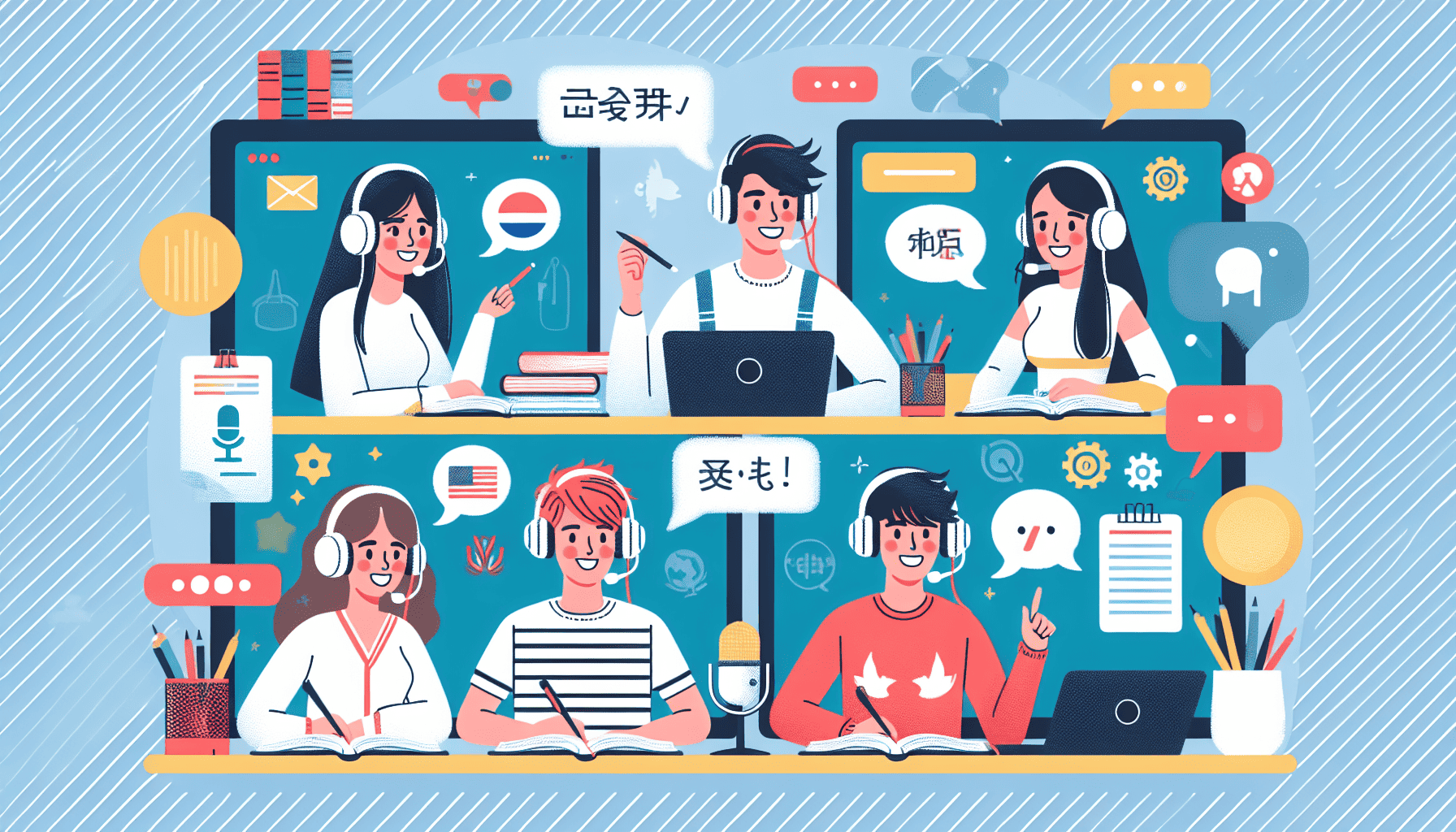In a world that is increasingly interconnected, the ability to communicate in multiple languages has become an invaluable asset. Whether for personal enrichment or professional advancement, mastering a new language can open doors to new cultures, opportunities, and experiences. Enter Language Mastery Programs, which provide an effective pathway for students to learn languages from the comfort of their homes.
The concept of Language Mastery Programs is rooted in the idea that education should be accessible, flexible, and tailored to the individual. These programs offer a diverse range of courses, catering to different languages, proficiency levels, and learning styles. By embracing technology, they deliver instruction that meets the needs of the modern student, providing access to quality language education anytime, anywhere.
One of the primary benefits of these programs is their adaptability. Students can choose from a vast array of languages, from widely spoken ones like Spanish, Mandarin, and French, to less common languages such as Swahili or Finnish. This extensive selection allows learners to follow their passions or meet specific career objectives, such as preparing for international assignments or enhancing qualifications for multilingual roles.
Moreover, Language Mastery Programs incorporate varied teaching methodologies to suit distinct learning preferences. They integrate audiovisual materials, interactive exercises, and real-time feedback, creating a dynamic and engaging learning environment. These programs often utilize cutting-edge technology such as virtual reality or gamification to immerse students in realistic scenarios, ensuring language skills are honed alongside real-world applications.
In addition to technological advancements, these programs also emphasize the importance of cultural context. Language is not just about grammar and vocabulary; it encompasses cultural nuances, idioms, and practices that are crucial for true fluency. Many programs include cultural immersion activities, such as virtual exchange with native speakers or lessons on cultural norms, allowing students to appreciate the full spectrum of the language they are studying.
Another significant advantage is the convenience and flexibility they offer. Unlike traditional classroom settings, these programs can be tailored around individual schedules, allowing students to learn at their own pace. This is particularly beneficial for working adults or students with other commitments, enabling them to balance their studies with their existing responsibilities.
Furthermore, the accessibility of Language Mastery Programs democratizes education by removing geographical and financial barriers. Previously, learning a new language required expensive tutors or international travel. Now, with these online programs, all that is required is a stable internet connection and a commitment to learning. This opens up opportunities for individuals across the globe, regardless of their location or socioeconomic status.
Language Mastery Programs also foster a community of learners. Although studying online can sometimes feel isolating, these platforms frequently include social features such as discussion forums, group projects, and peer-to-peer interactions. Such features not only encourage collaboration but also build a network of like-minded individuals who motivate and support each other’s learning journeys.
In conclusion, Language Mastery Programs represent a transformative approach to language learning. By combining cutting-edge technology, flexible learning modalities, and cultural immersion, they provide students with the tools needed for effective language acquisition. As these programs continue to evolve and expand, they hold the promise of making multilingual proficiency an achievable goal for everyone, enriching lives and broadening horizons along the way. Whether for career progression, travel, or personal growth, these programs empower learners to navigate a diverse and vibrant world with confidence and competence.
